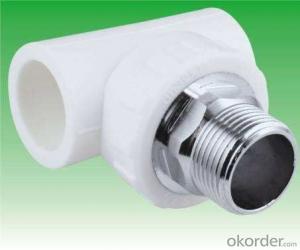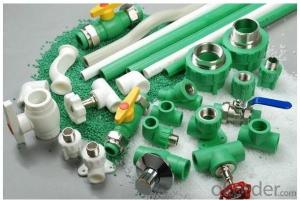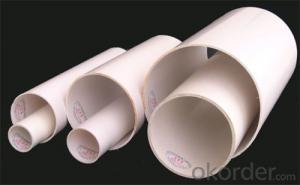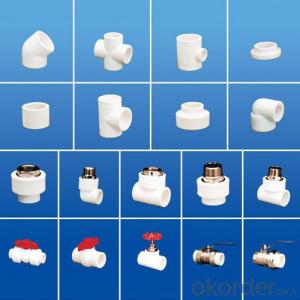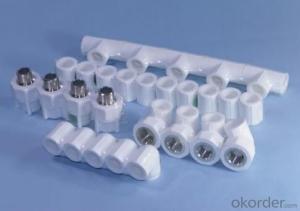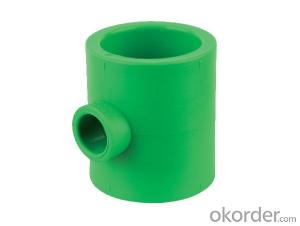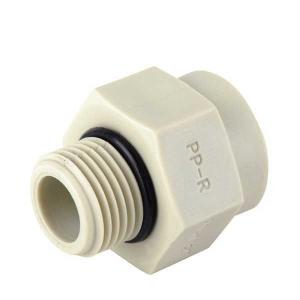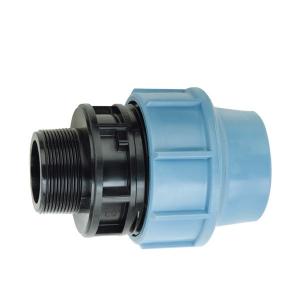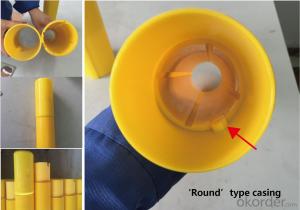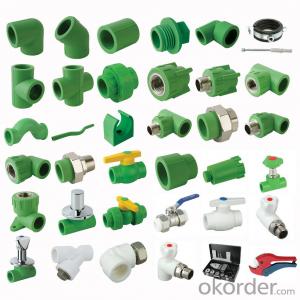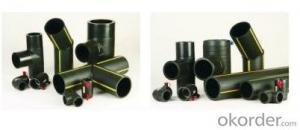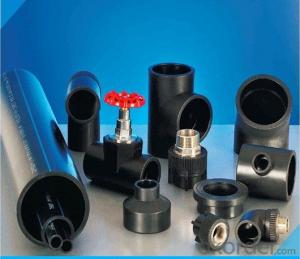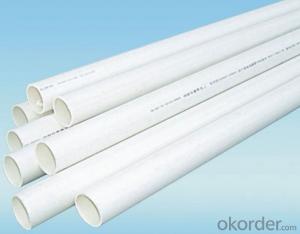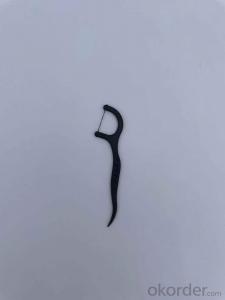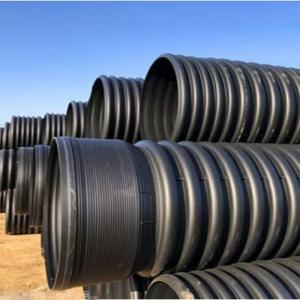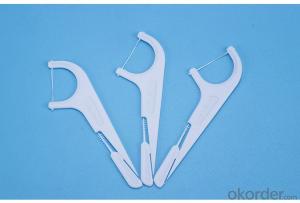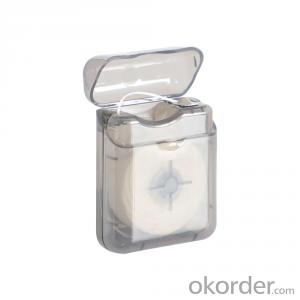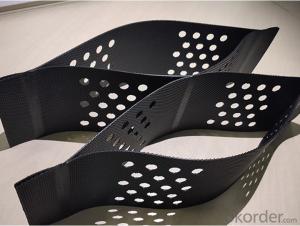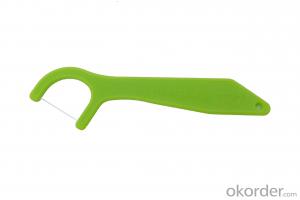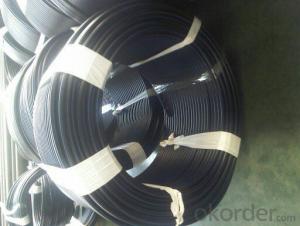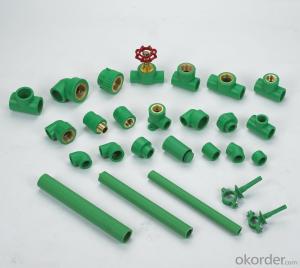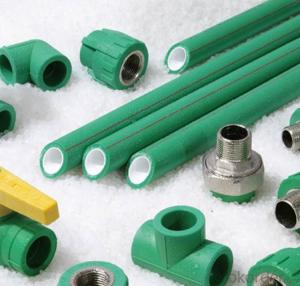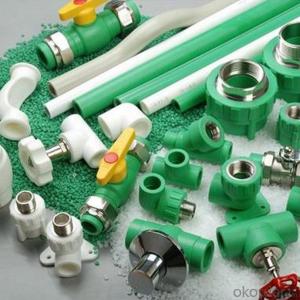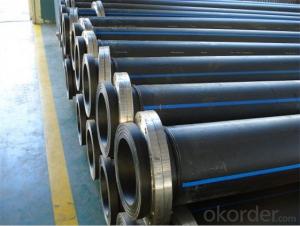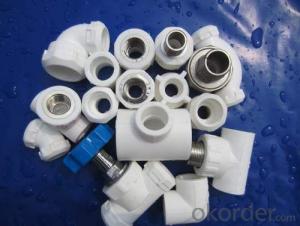2018 New PP-R One-way Valve-Male of Easy Installation from China
- Loading Port:
- Tianjin
- Payment Terms:
- TT OR LC
- Min Order Qty:
- 200 pc
- Supply Capability:
- 100000 pc/month
OKorder Service Pledge
OKorder Financial Service
You Might Also Like
Description of Products:
PP-R (polypropylene random) tube called type three polypropylene pipe and is also called the PP-R pipe or PPR pipe, with energy saving, environmental protection, high strength, corrosion resistance, with smooth inner wall has the advantages of scale, construction and easy maintenance, long service life, widely used in building water supply and drainage, urban drainage city gas and power cable sheath, and industrial fluid transportation, agricultural irrigation construction, municipal, industrial and agricultural fields. The PP-R pipe is made of random copolymerized polypropylene and is extruded into tubes to be molded into tubes.
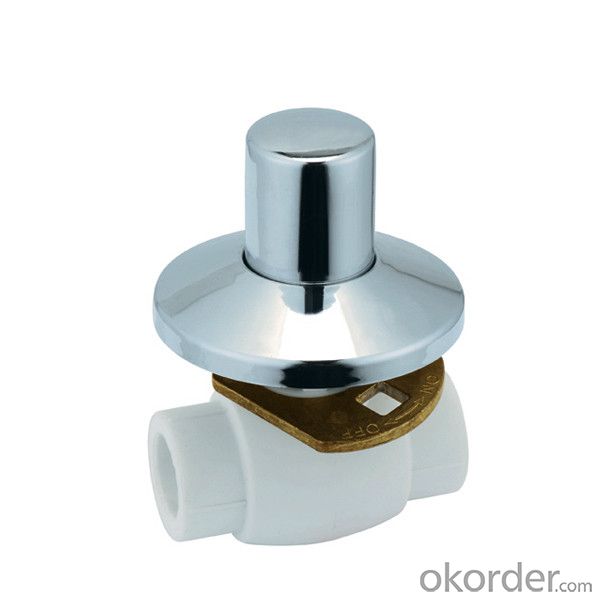
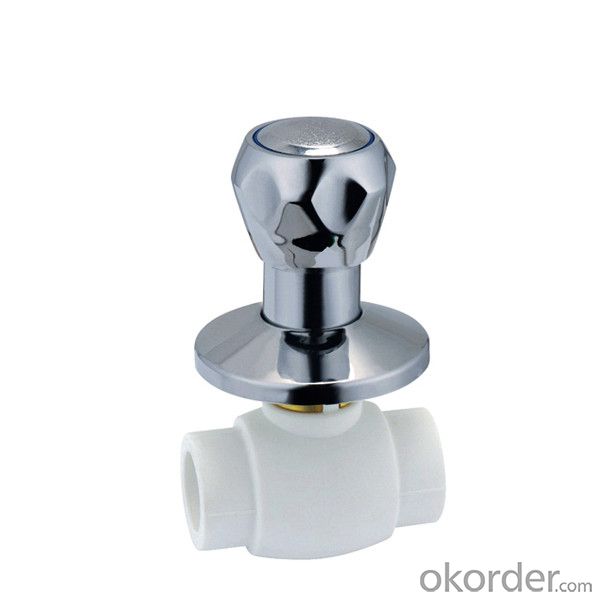
PPR Pipe Size:
PN10 | PN12.5 | PN16 | PN20 |
25*2.3 | 25*2.8 | 25*3.5 | 25*4.2 |
32*3.0 | 32*3.6 | 32*4.4 | 32*5.4 |
40*3.7 | 40*4.5 | 40*5.5 | 40*6.7 |
50*4.6 | 50*5.6 | 50*6.9 | 50*8.4 |
63*5.8 | 63*7.1 | 63*8.6 | 63*10.5 |
Specification:
Products name | Tee with Tap Connector Male |
Material | PPR |
Field of Application | Water |
Work temperature | -10℃-110℃ |
Packing | standard export package or customized |
Function | Kitchen, home, commercial, garden and general |
Place of origin | Hebei China(mainland) |
Application:
1) Cold and hot water systems of residence and commercial buildings
2) Transportation of industrial water supply and chemical materials
3) Pure water pipe system
4) Piping networks for rainwater utilization systems
5) Irrigation agriculture and horticulture systems
6) Transportation system of drinking water production
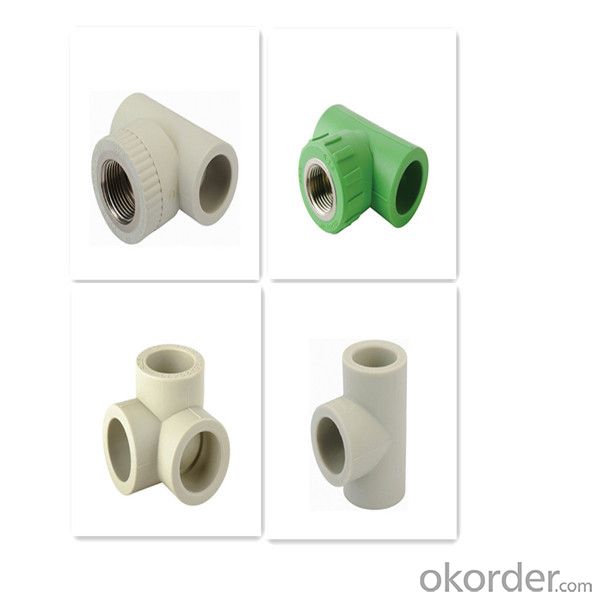
Product Feature:
1. High Temperature Resistance: the maximum sustained working temperature is up to 70°C , the maximum transient temperature is up to 95°C
2. Heat Preservation: low thermal conductivity which is only 1/1500 of brass pipe, and 1/250 of steel pipe
3. Non-toxic: no heavy metal additives, would not be covered with dirt or contaminated by bacterium
4. Corrosion Resistance: resist chemical matters and electron chemical corrosion
5.High Flow Capacity: smooth interior walls and low friction result in low flow resistance and high volume
6. Low Installation Costs: light weight and ease of installation can reduce installation costs
Product Advantages:
1) Healthy, bacteriological neutral, conforming to drinking water standards
2) Resistant to high temperatures, good impact strength
3) Convenient and reliable installation, low construction expenses
4) Excellent heat-insulation property from minimum thermal conductivity
5) Lightweight, convenient to transport and handle, good for labor-saving.
Company Profile:
CNBM International Corporation (CNBM International) is the most important trading platform of CNBM Group Corporation, a state-owned company under the direct supervision of State-owned Assets Supervision and Administration Commission of the State Council.
CNBM International is highly recognized by its business partners and clients all over the world and has obtained rapid development under the spirit of win-win. We will carry on the mutual beneficial, innovative and revolutionary trading structure as we did before, create value for our employees, share holders and clients and benefit the whole society in our future development.
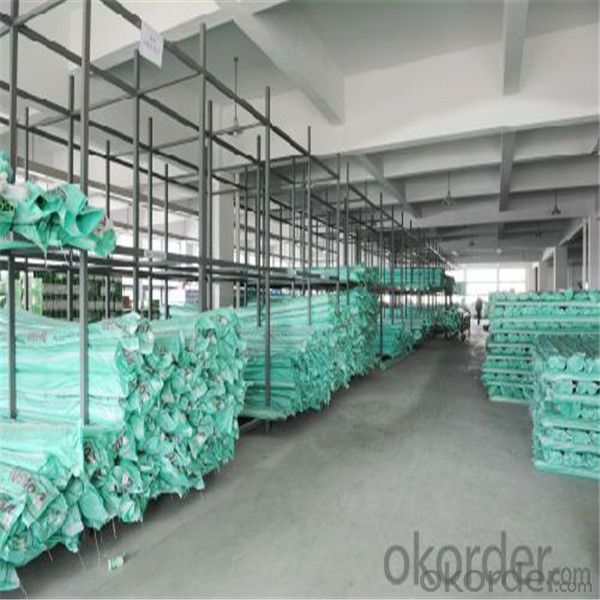
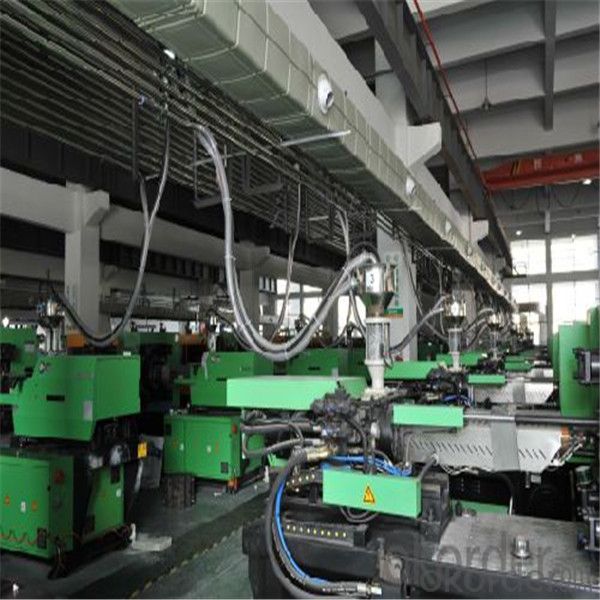
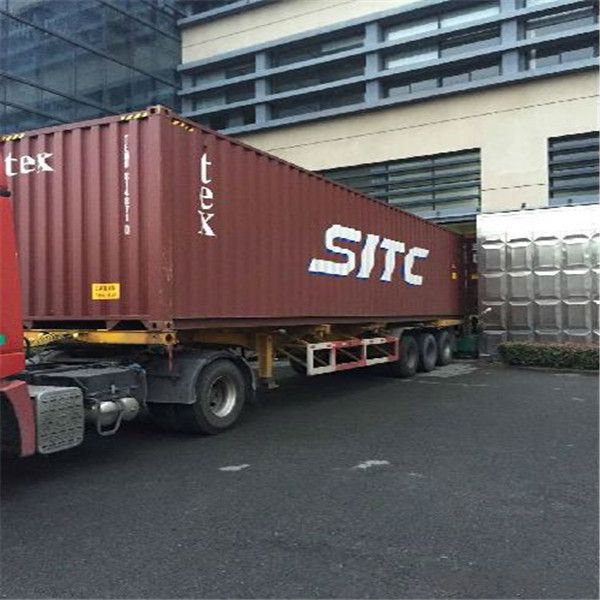
FAQ:
Q: How do you guarantee the quality of your product?
A: Every process will be checked by responsible QC which insures every product's quality.
Q: How much is your delivery time?
A: Normally within 30 days of receipt of LC original or prepayment, but mostly according to the specific requirements or the quantity
Q: I need sample, could you support?
A: We can supply you with the sample for free, but the delivery charges will be covered by our customers. For avoiding the misunderstanding, it is appreciated if you can provide the International Express Account for Freight Collect. Also you can have a visit to us, welcome to CNBM!
- Q:Are plastic pipe fittings suitable for use in marine environments?
- Plastic pipe fittings may not be the most suitable choice for use in marine environments. While some plastic materials like PVC or CPVC can provide decent resistance to water, they may not withstand the harsh conditions of saltwater, extreme temperatures, and constant exposure to sunlight. Corrosion, degradation, and brittleness could occur over time, compromising the integrity of the fittings. Therefore, it is advisable to consider using materials specifically designed for marine environments, such as brass or stainless steel pipe fittings, to ensure durability and longevity.
- Q:Are plastic pipe fittings suitable for portable water supply in remote areas?
- Yes, plastic pipe fittings are suitable for portable water supply in remote areas. Plastic pipe fittings are lightweight, durable, and resistant to corrosion, making them ideal for use in remote areas where transportation and maintenance can be challenging. Additionally, plastic pipe fittings are cost-effective and easy to install, making them a practical choice for portable water supply systems in remote locations.
- Q:How do you remove a plastic pipe fitting?
- To remove a plastic pipe fitting, you can follow these steps: 1. Turn off the water supply: Before removing any pipe fitting, it is essential to turn off the water supply to prevent any leaks or accidents. 2. Prepare the area: Clear the surrounding area of any obstructions or debris that may hinder your work. 3. Identify the type of fitting: Determine the type of plastic fitting you are dealing with. Common types include compression fittings, push-to-connect fittings, or threaded fittings. 4. Compression fittings: For compression fittings, you will need two adjustable wrenches. Use one wrench to hold the fitting in place while using the other wrench to turn the nut counterclockwise until it comes off. 5. Push-to-connect fittings: Push-to-connect fittings typically have a release mechanism built into them. Locate the release collar near the fitting, then push it down firmly towards the pipe while pulling the pipe away from the fitting. This will release the connection. 6. Threaded fittings: Threaded fittings require the use of a pipe wrench or adjustable wrench. Place the wrench on the fitting's body or hex section and turn it counterclockwise to loosen and remove the fitting. 7. Inspect and clean: Once the fitting is removed, inspect the pipe and fitting for any damage or debris. Clean the pipe end and the inside of the fitting to ensure a proper connection when reinstalling it or replacing it with a new fitting. Remember to exercise caution and follow safety guidelines when working with plumbing systems. If you are unsure or encounter any difficulties, it is advisable to consult a professional plumber.
- Q:Can plastic pipe fittings be used in food processing systems?
- Yes, plastic pipe fittings can be used in food processing systems. They are frequently used due to their resistance to corrosion, flexibility, and hygienic properties. However, it is important to ensure that the specific plastic material used is FDA-approved for food contact and meets all necessary safety and regulatory standards.
- Q:Are plastic pipe fittings suitable for chemical transfer applications?
- Yes, plastic pipe fittings can be suitable for chemical transfer applications. However, it is important to select the appropriate type of plastic material that is resistant to the specific chemicals being transferred. This will ensure the fittings can withstand the chemical exposure and prevent any leaks or potential contamination. Additionally, proper installation and regular maintenance are crucial to ensure the longevity and effectiveness of plastic pipe fittings in chemical transfer applications.
- Q:Are plastic pipe fittings easy to remove?
- Yes, plastic pipe fittings are generally easy to remove. They are designed to be easily installed and uninstalled without the need for specialized tools. The fittings can be disconnected by hand, making it convenient for repairs or modifications.
- Q:Can plastic pipe fittings be used for freshwater aquaculture systems?
- Yes, plastic pipe fittings can be used for freshwater aquaculture systems. Plastic pipes and fittings are commonly used in aquaculture systems due to their durability, resistance to corrosion, and ability to withstand varying water conditions. These fittings are typically made from materials such as PVC or polyethylene, which are safe for freshwater environments and can effectively transport water within the aquaculture system.
- Q:Can plastic pipe fittings be used in geothermal heat pump systems?
- Yes, plastic pipe fittings can be used in geothermal heat pump systems. Plastic fittings are commonly used in these systems due to their durability, corrosion resistance, and ease of installation. They are compatible with the high temperatures and pressures typically found in geothermal heat pump systems, making them a suitable choice for this application.
- Q:Can plastic pipe fittings be used for chemical injection skids?
- Yes, plastic pipe fittings can be used for chemical injection skids. Plastic pipe fittings are commonly used in various industries, including chemical and petrochemical, due to their corrosion resistance and durability. However, it is important to select the appropriate type of plastic material that is compatible with the specific chemicals being injected to ensure safe and efficient operation.
- Q:Are plastic pipe fittings suitable for use in food processing plants?
- No, plastic pipe fittings are generally not suitable for use in food processing plants due to the risk of contamination and potential chemical leaching. Stainless steel or other approved materials are typically preferred for food processing applications.
1. Manufacturer Overview |
|
|---|---|
| Location | |
| Year Established | |
| Annual Output Value | |
| Main Markets | |
| Company Certifications | |
2. Manufacturer Certificates |
|
|---|---|
| a) Certification Name | |
| Range | |
| Reference | |
| Validity Period | |
3. Manufacturer Capability |
|
|---|---|
| a)Trade Capacity | |
| Nearest Port | |
| Export Percentage | |
| No.of Employees in Trade Department | |
| Language Spoken: | |
| b)Factory Information | |
| Factory Size: | |
| No. of Production Lines | |
| Contract Manufacturing | |
| Product Price Range | |
Send your message to us
2018 New PP-R One-way Valve-Male of Easy Installation from China
- Loading Port:
- Tianjin
- Payment Terms:
- TT OR LC
- Min Order Qty:
- 200 pc
- Supply Capability:
- 100000 pc/month
OKorder Service Pledge
OKorder Financial Service
Similar products
New products
Hot products
Related keywords
